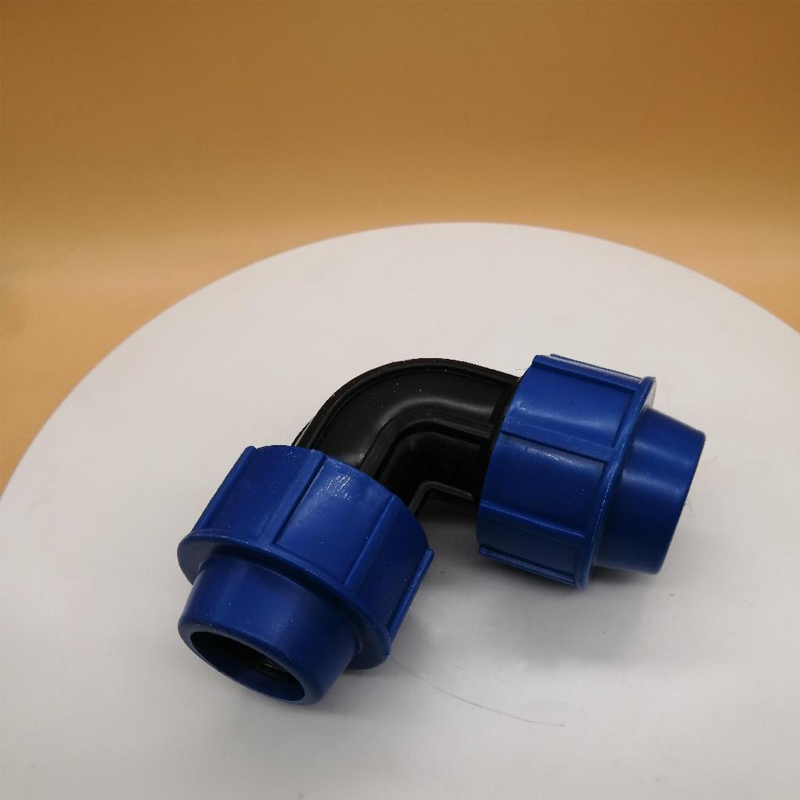Oct . 19, 2024 22:49 Back to list
hdpe pipe for drinking water manufacturer
HDPE Pipe for Drinking Water A Reliable Choice for Manufacturers
High-Density Polyethylene (HDPE) pipes have gained immense popularity in the manufacturing sector, particularly for the transportation of drinking water. As a durable and flexible option, HDPE pipes are not only a practical solution for various applications but are also increasingly favored for their environmental sustainability. In this article, we will delve into the benefits of HDPE pipes, considerations for manufacturers, and their significance in the drinking water supply chain.
Understanding HDPE Pipes
HDPE is a thermoplastic polymer made from petroleum. The production process involves the polymerization of ethylene, which results in a strong yet lightweight material. HDPE pipes are known for their resistance to corrosion, low friction coefficients, and ability to withstand high pressures, making them ideal for water distribution systems. Available in various diameters and thicknesses, these pipes can be customized to suit the specific needs of manufacturers and end-users.
Advantages of HDPE Pipes for Drinking Water
1. Durability and Longevity HDPE pipes have a life expectancy of over 50 years when properly installed. They perform exceptionally well under varying environmental conditions, resisting environmental stressors such as UV rays, chemicals, and extreme temperatures.
2. Corrosion Resistance Unlike traditional metallic pipes, HDPE does not corrode. This property guarantees that the water quality remains unaffected, preventing leaching of harmful substances into the drinking water, thereby ensuring consumer safety.
3. Flexibility and Lightweight HDPE pipes are remarkably flexible, allowing them to be installed in various terrains and environments without the need for extensive excavation. Their lightweight nature reduces transportation costs and makes handling more manageable for manufacturers.
4. Reliable Jointing Systems The reliability of the jointing systems used for HDPE pipes, such as butt fusion and electrofusion, ensures leak-free connections. This feature significantly reduces the risk of water loss and contamination during transmission, further cementing their value in drinking water applications.
5. Environmental Friendly The production and use of HDPE pipes involve fewer resources and energy compared to traditional materials. Additionally, HDPE is 100% recyclable, contributing to sustainable practices in the plumbing and construction industries.
hdpe pipe for drinking water manufacturer

Considerations for Manufacturers
When manufacturers consider incorporating HDPE pipes into their product lines for drinking water applications, several factors are critical to ensure quality and compliance with industry standards.
1. Quality Control Standards It is essential to adhere to quality control standards set by organizations such as the American Water Works Association (AWWA) and the National Sanitation Foundation (NSF). These certifications ensure that HDPE pipes meet necessary health and safety standards for drinking water.
2. Material Sourcing The quality of HDPE resin used in manufacturing pipes significantly impacts their overall performance. Manufacturers must source high-quality polyethylene to guarantee the longevity and reliability of their products.
3. Technological Advancements Keeping up with technological innovations in manufacturing processes can help improve efficiency and reduce production costs. Investing in advanced machinery and training for staff can enhance the overall quality of HDPE pipes.
4. Market Demand and Trends Understanding market demand and trends is vital for manufacturers to remain competitive. With an increasing focus on sustainable solutions, the demand for HDPE pipes is expected to grow, making it a lucrative opportunity for the industry.
5. Regulatory Compliance Manufacturers must stay informed about local and international regulations regarding drinking water standards. This knowledge is crucial for ensuring that their products are compliant and safe for public use.
Conclusion
The use of HDPE pipes for drinking water applications presents a multitude of advantages for manufacturers and consumers alike. Their durability, flexibility, and eco-friendly properties make them an excellent choice for modern infrastructure. As the demand for reliable water supply systems continues to grow, manufacturers who embrace HDPE technology will not only enhance their operational efficiency but also contribute to a healthier, safer, and more sustainable future for all. By prioritizing quality, compliance, and innovation, manufacturers can position themselves as leaders in the drinking water supply industry, serving communities with reliable and safe water transportation solutions.
-
High-Quality PVC Borehole Pipes Durable & Versatile Pipe Solutions
NewsJul.08,2025
-
High-Quality PVC Perforated Pipes for Efficient Drainage Leading Manufacturers & Factories
NewsJul.08,2025
-
High-Quality PVC Borehole Pipes Durable Pipe Solutions by Leading Manufacturer
NewsJul.08,2025
-
High-Quality PVC Borehole Pipes Reliable PVC Pipe Manufacturer Solutions
NewsJul.07,2025
-
High-Quality UPVC Drain Pipes Durable HDPE & Drain Pipe Solutions
NewsJul.07,2025
-
High-Quality Conduit Pipes & HDPE Conduit Fittings Manufacturer Reliable Factory Supply
NewsJul.06,2025

